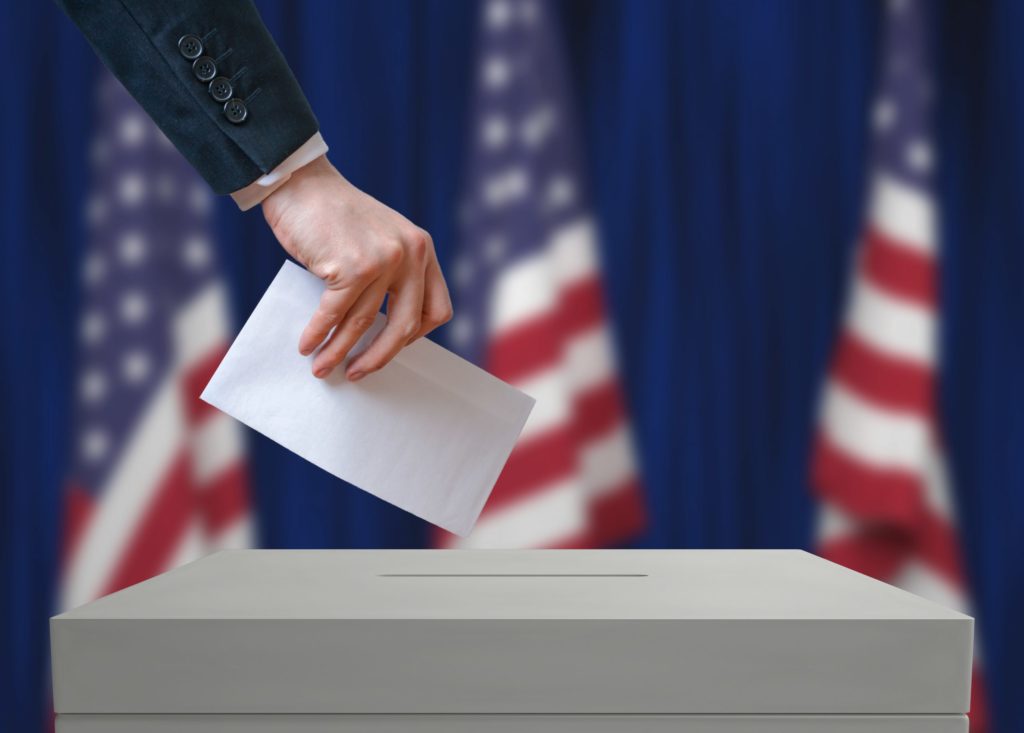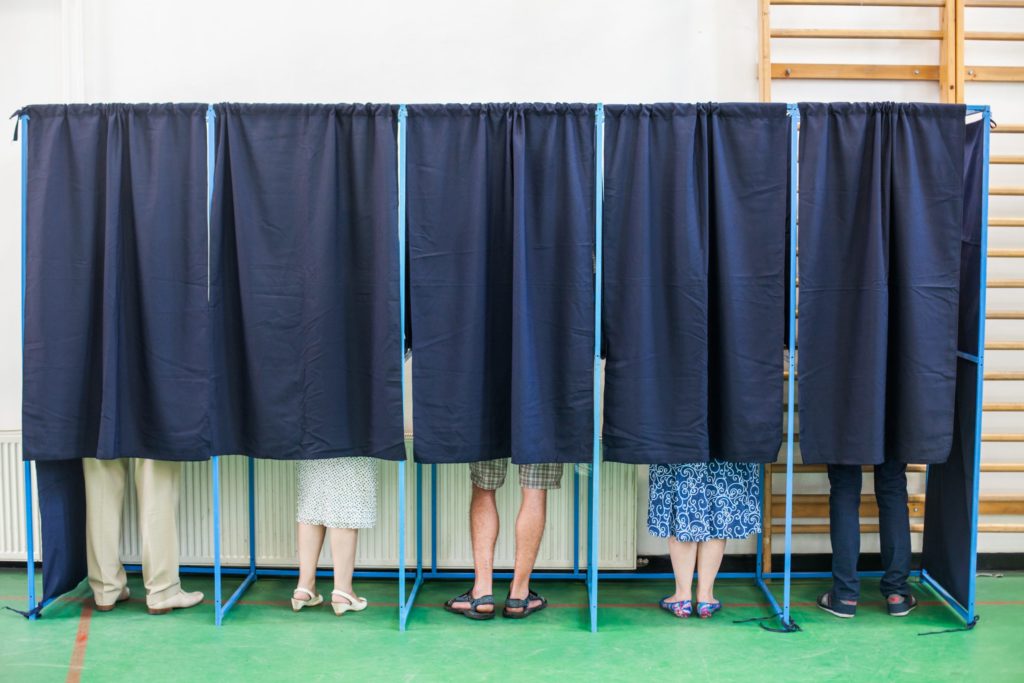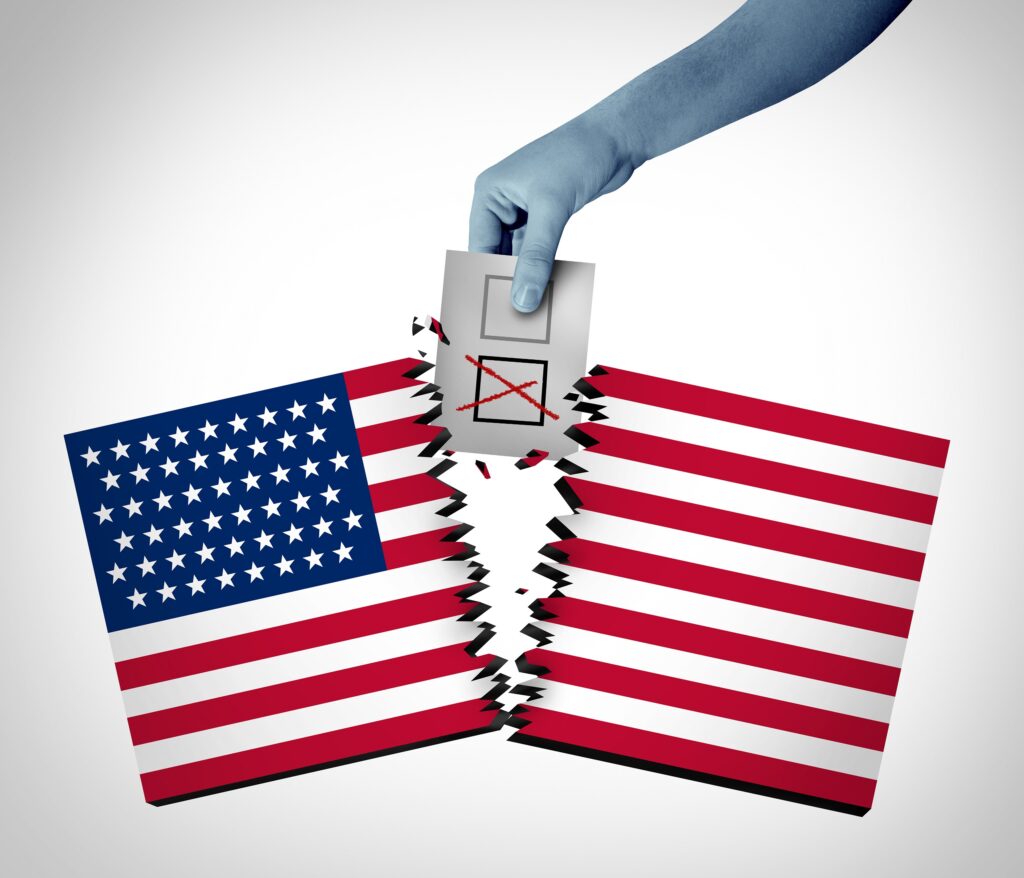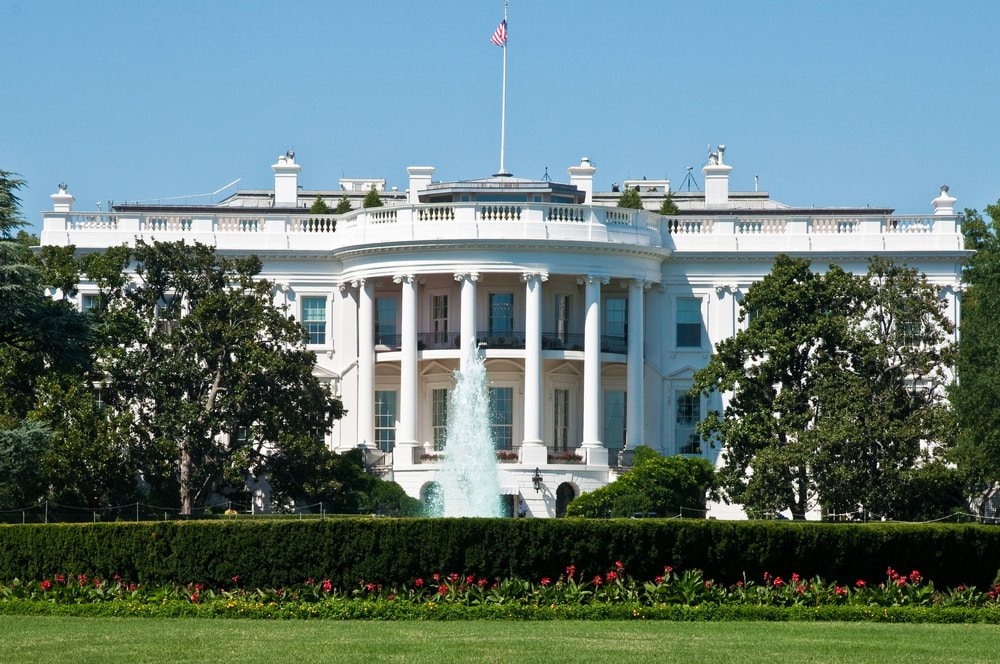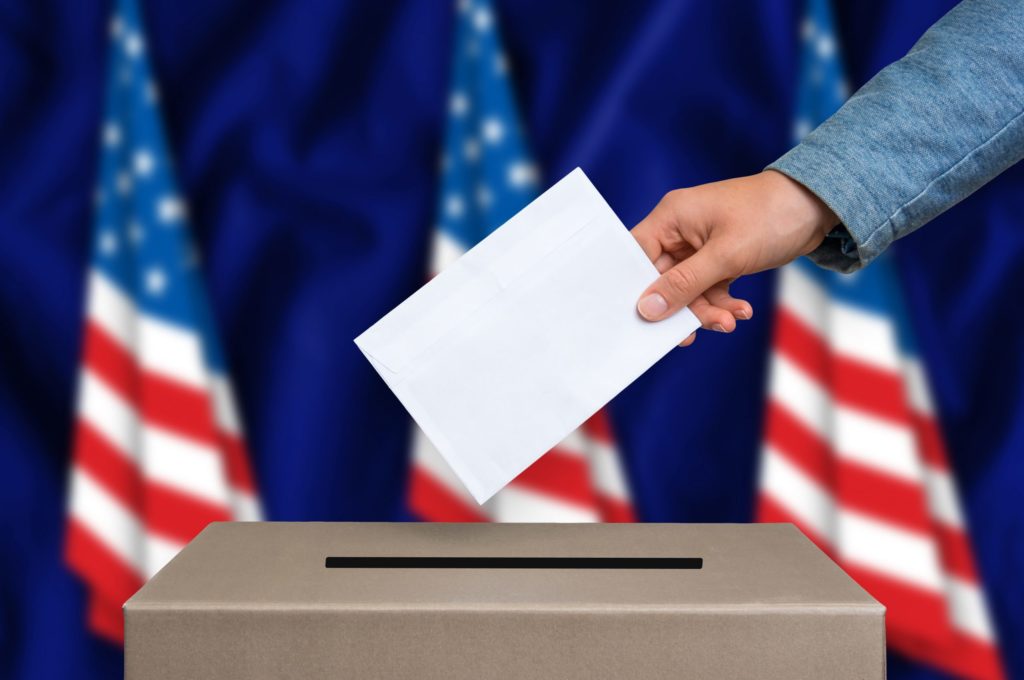Republicans are willingly making voter rolls less accurate
Despite the Republican Party’s stated commitment to ensuring accurate voter rolls, party officials across the country recently withdrew their states from a key voter integrity organization, the Electronic Registration Information Center (ERIC). Seven states—Louisiana, Alabama, Florida, West Virginia, Missouri, Ohio and Iowa—have announced their exits, while others, such as Texas, Alaska and Arizona, are considering a similar move.
All of this is taking place based on the mistaken idea that ERIC’s work disproportionately benefits Democrats.
ERIC, a state-based and funded organization formed with the support of Pew Charitable Trusts, was created to improve the accuracy of voter rolls as Americans move across state lines. There is no national database of registered voters, and while it is illegal to vote in the same election twice, it is not illegal to be registered in multiple states. The onus, therefore, is on each state to ensure that only those citizens who are eligible to vote are included in state registration records.
When a state joins ERIC, it securely transmits its voter registration list to a shared database where it is compared to voter data from other member states. From there, ERIC identifies cases where a voter has moved within the state, moved to a different state, registered in two states or died. States can then update their voter rolls with this information.
Before ERIC launched in 2012, roughly 12.5 percent of voter registrations across the country were invalid or inaccurate. By 2022, however, with 31 states and DC sharing voter registration information, ERIC flagged millions of voters who have moved between states and whose registrations should be updated.
Importantly, there is no current substitute for the services provided by ERIC. The organization’s value is rooted in the willing participation of states, and its importance has only increased as more states have joined. But its ability to prevent voter fraud will wane if states drop out, both for the states that remain as well as those that leave. Without a credible alternative, ERIC continues to be the best and only state-centered solution for keeping voter rolls accurate.
But if ERIC is fulfilling an important conservative priority, why then do Republicans believe its work benefits Democrats? The answer appears to come down to how ERIC helps keep voter rolls accurate.
ERIC not only identifies voters who have moved and should be removed from the rolls, but also finds those who are unregistered and requires the state to contact them. Although accurate voter rolls should require both the exclusion of ineligible voters as well as the inclusion of eligible voters, some Republican officials appear only to have a problem with the latter, likely based on the myth that more Americans participating in elections means more Democratic votes. This critique of ERIC comes despite the fact that many of these same officials regularly make efforts to encourage their citizens to register to vote. Contacting eligible unregistered voters represents a relatively small burden for states looking to ensure election integrity and security through accurate voter rolls.
This is why Republicans looking to bolster election integrity should be leaning on the remaining holdout states to join, not leaving themselves. After all, ERIC—or any state collaboration—functions best when all states are working together. In fact, Republican states likely have much to gain from ERIC as conservative voters are increasingly fleeing blue states for red ones, looking for lower taxes and greater alignment on cultural and social issues. Sadly, the very states leaving ERIC are among those gaining the bulk of these new residents.
The exodus from ERIC represents a stark departure from the previous comments offered by those from the states that are leaving. Earlier this year, for example, Iowa Secretary of State Paul Pate described the program as “a godsend,” saying that it was key to maintaining clean voter rolls in the states. But within weeks, as the issue became politicized on the right, he changed his tune, instead lamenting that he was “disappointed in the direction” of the organization.
Similarly, in 2019, Florida Gov. Ron DeSantis said that “[o]ne of my administration’s top priorities is protecting the integrity of Florida’s elections, which is why joining ERIC is the right thing to do for our state.” Nevertheless, Florida Secretary of State Cord Byrd, a DeSantis appointee, surprised many by announcing a lack of confidence in ERIC and supporting the state’s subsequent withdrawal.
ERIC’s approach and requirements have not changed since these Republicans originally praised the work being done. The value of the organization is still there—arguably more so than ever—and support from states should continue to be as well. State control over America’s elections is a vital facet of our federalist system, and a national, voluntary, state-based organization like ERIC is one that Republicans should be looking to expand and empower, not shrink and weaken. Withdrawing from the program will lead to voters being registered in multiple states and increase opportunities for malfeasance, the exact opposite of an improvement in election integrity.
ERIC currently offers the best opportunity to improve the accuracy of the voter rolls while keeping states at the forefront of election administration, and rather than bolstering this institution, too many Republican leaders are helping to tear it down.


